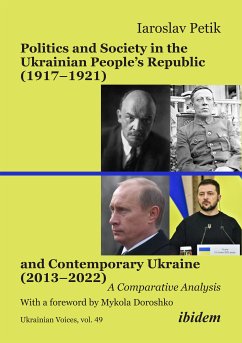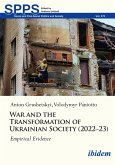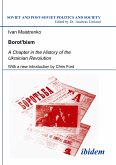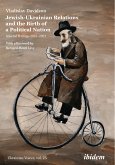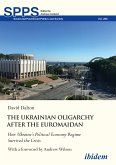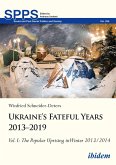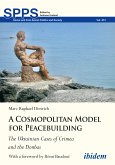This monograph explores the recent political history of Ukraine from a novel diachronic and comparative point of view. A largely unknown period of history for non-Ukrainians, the Ukrainian People's Republic (UPR), which emerged at the end of World War I, is today still a hot topic for Ukrainians. The years of 2013-2022 were an equally dramatic period with a number of unsolved problems and conflicts, while the large Russian invasion into Ukraine since February 2022 marks a new epoch, which is impossible to assess yet. The periods of 1917-1921 and 2013-2022 exhibit both, astonishing similarities and deep differences. The UPR period was one of the few times when the Ukrainian nation gained full political autonomy as a separate state. That is why the story of this book resonates with the thoughts and feelings of many citizens of Ukraine. It presents an insightful glance into different stages of recent Ukrainian history for a non-Ukrainian audience. Petik highlights why and how the UPR is not only important for academic history but also for the identity and self-perception of the Ukrainian nation.
Dieser Download kann aus rechtlichen Gründen nur mit Rechnungsadresse in A, B, BG, CY, CZ, D, DK, EW, E, FIN, F, GR, HR, H, IRL, I, LT, L, LR, M, NL, PL, P, R, S, SLO, SK ausgeliefert werden.

